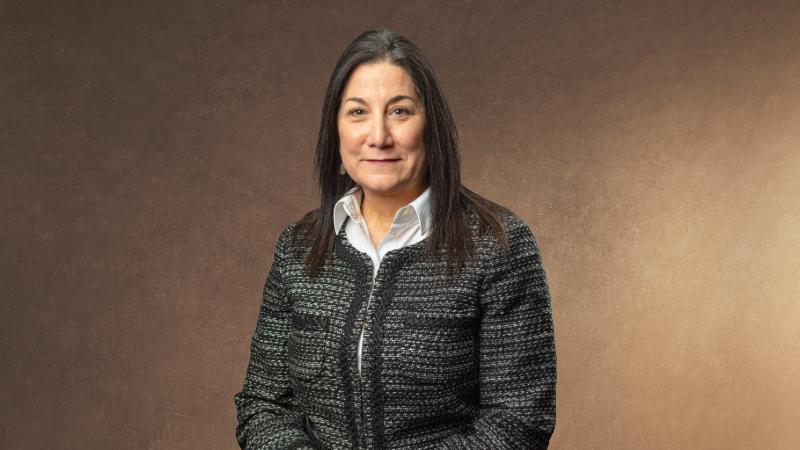
November 15, 2024
The holidays are a notoriously hard time for those of us who have recently lost a loved one. Our loved one may have been the social glue that held our family and friends together. It may be difficult now to come to an agreement on how to best carry on traditions, or what to leave behind. Holidays remind us that grief is not only our individual experience but what’s happening between us, as a family and among friends.
It’s important that we be kind and accepting of ourselves. Grief takes up a lot of energy and it’s completely normal if we feel fatigued and not up to doing things “as usual.” Things aren’t usual. Someone very important to us has died and now the holiday season is foisted upon us. Let’s remember that we’re the best to determine what’s right for us and give ourselves permission to do what we need this holiday season. It may be best to think of this year as a trial run, not set in stone, and respond with flexibility, recognizing our grief with tenderness and compassion.
What follows are some ideas of ways we can adapt to this year's winter holiday season. We hope some of the ideas resonate.
- Clarify priorities and reduce stress – give yourself permission to not do things. Respect your mind and body when fatigued. Maybe it’s time to slow down? What’s important this year? What isn’t? Well-intentioned friends and family may think they’re helping by keeping you busy but keeping too busy may postpone some of the thoughts and feeling necessary for grief.
- Overextending or overcommitting – resist overextending or overcommitting. Be realistic about your energy. When attending events, think of an exit plan. You may need to drive your own car so you’re not stuck somewhere longer than you want to be. Think about your spending limits for gifts, don’t feel obliged to give extravagant gifts this year. Explore new and simple ways to shop, decorate, and scale back on to attending functions and outings if it feels like too much.
- Making new traditions – set a place at the table for your loved one, decorate a part of the tree with memories of them, hang a stocking or wreath where photos or other things could be attached, light candles in their honor. Do activities in their honor, like watching a favorite movie or visiting a favorite place like a patch of woods. Travel somewhere new or go out to eat – who says you have to cook?
- Joy of helping others – how about donating old clothes to a shelter? Or making cookies for a friend or someone who’s been supportive for you? Write a note to an old friend. Volunteer at the foodbank or another place in the community.
- Talking about your grief – family members and friends may be waiting for your cue to bring up your loved one who died. Let others know you’re ready by sharing memories and stories. We owe it to ourselves this holiday season to find those who don’t need us to put on a happy face and instead encourage and accept us just as we are.
- Expressing your faith – our grief may have renewed our long-held beliefs or changed our beliefs altogether. Especially for the newly bereaved, it’s important we have others we can talk to, and from whom we feel supported when discussing spiritual matters. You may feel connection when attending a special holiday service, or a new place of worship.
With the hope that some of these ideas feel like a good match for you, it’s important to remember there is no right or wrong way to celebrate the holidays after the death of a loved one. It does help if we look ahead. We know we will be sad and should plan accordingly. For further bereavement support call Grant Fairbrother (406) 447-2464 or Karissa Bennett LCSW (406) 431-5006.
Adapted from
Grieving and the holidays by Dr. Robert Neimeyer
Recreating holiday traditions in changing families by Tina Barrett, Ed.D.
You and your grief during the holiday season by Dr. Alan D. Wolfelt.
For more bereavement resources from our Hospice Bereavement team, click here



